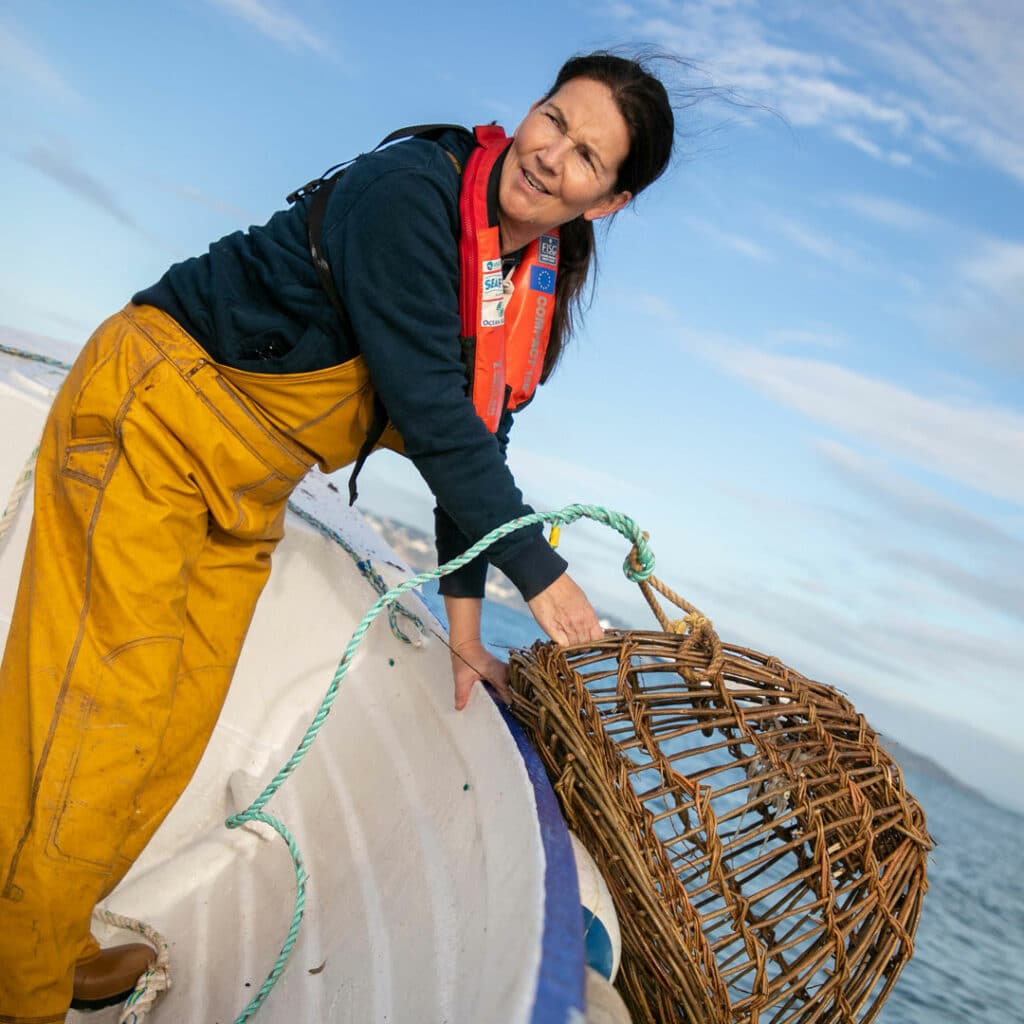UK to ratify 2003 UNESCO Convention on Intangible Cultural Heritage
26th January 2024 | ANNOUNCEMENTS

Historic decision lauded by Heritage Crafts, the UK charity for traditional crafts, which has been a UNESCO-accredited NGO for Intangible Cultural Heritage since 2017 and been advocating for UK ratification with others since 2010.
The Department for Culture, Media and Sport (DCMS) has today announced that United Kingdom is set to ratify the 2003 UNESCO Convention on the Safeguarding of Intangible Cultural Heritage, bringing it in line with the 182 other UNESCO Member States already ratified, and opening the way to greater international cooperation on the importance of the UK’s knowledge, skills and practices as part of our living heritage.
Adoption of the Convention will open the way to increased monitoring of the UK’s intangible cultural heritage, including practices that have come here through migrant and diaspora communities, and better safeguarding of the most at-risk examples.
Traditional craftsmanship is one of five domains of intangible cultural heritage recognised by UNESCO, alongside oral traditions and expressions, performing arts, social practices, rituals and festive events, knowledge and practices concerning nature and the universe. Heritage Crafts has already been monitoring and safeguarding the traditional craftsmanship domain since 2017 through its influential Red List of Endangered Crafts, the first research report to rank craft skills by their likelihood of survival in the UK and its Endangered Crafts Fund, which has provided 66 grants to improve the chance of survival of the most at-risk examples.
The Government has today launched a public consultation to “inform UK’s approach to creating a new register for traditions valued by communities up and down the country”, through which “[c]ommunities across the UK will be able to nominate their most cherished local traditions to be included in a new register of cultural heritage in the UK.” The consultation runs until the end of February.
There will be no single government or organisation responsible for implementation across the UK, so open dialogue and discussion to ensure a diversity of voices and views will be fundamental. This is in line with the underlying principles of the Convention that implementation is community based, inclusive and respectful, open and engaged.
The process for adding items to the Inventory will be to call for items to be submitted by communities, groups or individuals. Subject to a light-touch approvals process, the new entries will be announced on a regular basis – probably quarterly. DCMS will look to engage and provide support for those who wish to submit items.
Lord Parkinson of Whitley Bay, Arts and Heritage Minister, said:
“The UK is rich in traditions which are passed down from generation to generation. These crafts, customs, and celebrations have helped to shape our communities and bring people together, who continue to shape them in turn. By ratifying this Convention, we will be able to celebrate treasured traditions from every corner of the UK, support the people who practise them, and ensure they are passed down for future generations to enjoy.”
Daniel Carpenter, Executive Director of Heritage Crafts, said:
“Following 14 years of advocating for the ratification of the 2003 Convention, this is a historic day for the United Kingdom. Ratification will help ensure that knowledge, skills and practices integral to the UK’s ever-evolving national identity will be properly valued and safeguarded, and we will be able to join the rest of the world in sharing good practices on how to achieve this. The work now begins to ensure that the full diversity of intangible cultural heritage in the UK is represented.”
DCMS announcement: https://www.gov.uk/government/news/oh-no-it-isnt-panto-set-to-be-formally-recognised-as-uk-joins-unesco-convention
DCMS consultation: https://www.gov.uk/government/consultations/2003-unesco-convention-for-the-safeguarding-of-the-intangible-cultural-heritage
Summary of consultation questions (for reference only): https://www.heritagecrafts.org.uk/wp-content/uploads/2024/02/DCMS-ICH-consultation-questions-for-reference.pdf
Heritage Crafts’ reponse to the consultation: https://www.heritagecrafts.org.uk/wp-content/uploads/2024/02/DCMS-ICH-consultation-response-by-Heritage-Crafts.pdf
Online consultation workshops:
- Traditional craftsmanship, Tuesday 13 February 1pm to 3pm: https://www.eventbrite.co.uk/e/ich-in-the-uk-a-roundtable-discussion-traditional-craftmanship-focus-am-tickets-801597538817
- Traditional craftsmanship, Tuesday 13 February 7pm to 9pm: https://www.eventbrite.co.uk/e/ich-in-the-uk-a-roundtable-discussion-traditional-craftmanship-focus-pm-tickets-801599935987
- Minority ICH, Thursday 22 February 10am to 12pm: https://www.eventbrite.co.uk/e/ich-in-the-uk-a-roundtable-discussion-minority-groups-focus-tickets-801642553457
